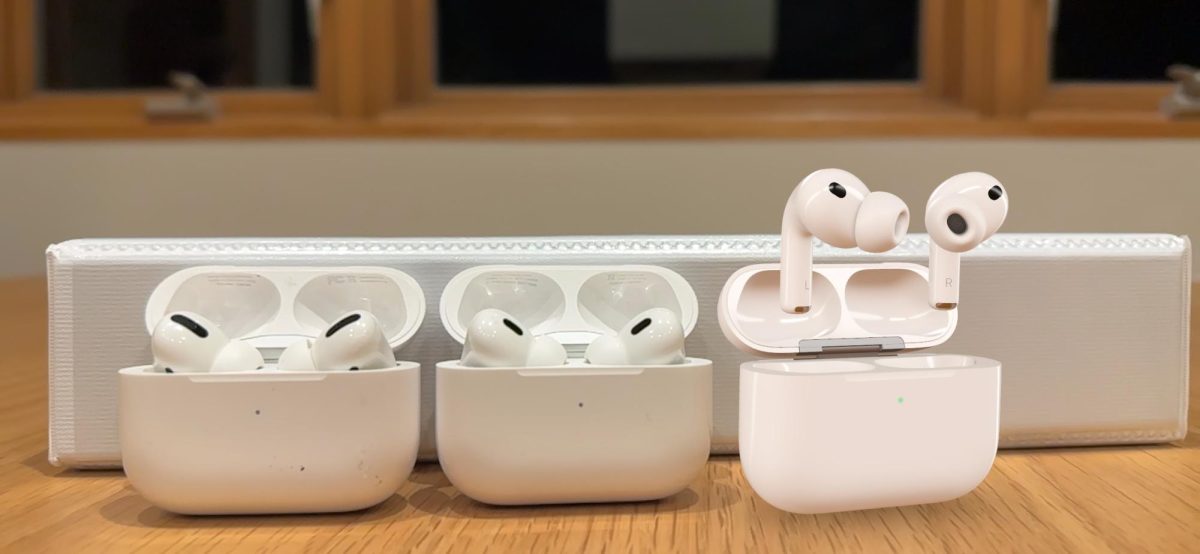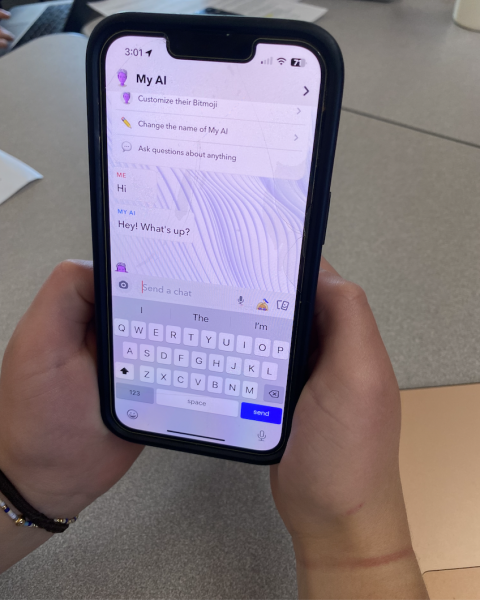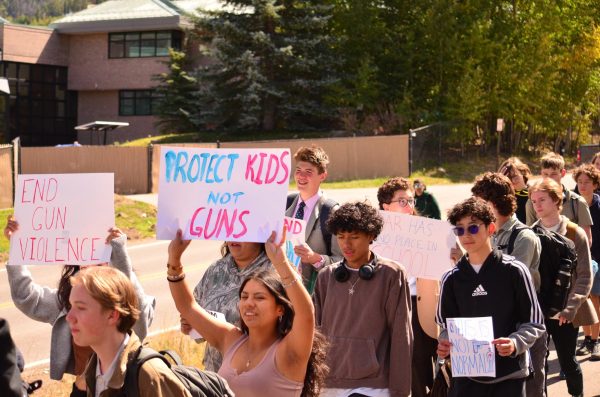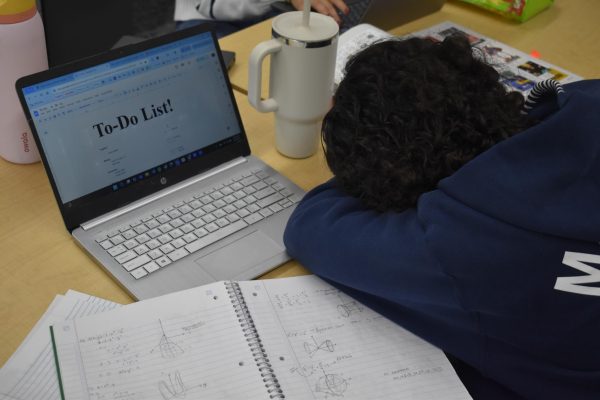AI Isn’t All Good
Society has long been awaiting the advancement of AI. How could one not be excited when they see the rapid advancement of AI models such as Chat GPT? However, AI is not exclusively positive. If AI maintains it’s current pace of technological advancement, the economy will reach a point where humans are not a requirement in the workplace.
Released only a few months ago, OpenAI’s ChatGPT is merely a baby. Just as a newborn’s intelligence matures rapidly as they grow from a toddler to a teenager, to an adult, AI’s intelligence will grow accordingly. Able to answer nearly any question with a coherent, well-thought-out answer, ChatGPT has already progressed ahead of people in certain regards. Instead of a person spending weeks researching and writing an essay, ChatGPT can write a similar quality essay in seconds. If ChatGPT can accomplish this as a ‘seven-month-old baby,’ after continuing to process further information fed to the algorithm and benefiting from advancements in the AI space, the exponential growth of AI has no limits. Afterall, premier computer scientist at Google, Ray Kurzwiel predicted, “Artificial intelligence will reach human levels by around 2029. Follow that out further to, say, 2045, we will have multiplied the intelligence, the human biological machine intelligence of our civilization a billion-fold.”
Given that AI should soon surpass human intelligence, while also operating at a vastly more efficient speed, there is serious reason to ask if human thought will still be relevant.
According to Forbes, 73 million out of the 150 million total US jobs could be replaced by AI by 2030. However, this is short-term thinking. If the exponential rate of improvement in AI’s intelligence continues, 20 to 30 years from now it is highly likely that AI will be able to do many jobs better than humans. A normal, profit-driven company will have no problem laying off current workers in favor of new workers who can output higher quality work at rates of greater efficiency. Since AI does just that, estimating potential job losses is a futile exercise since the job losses will almost certainly exceed any modern estimate by a vast margin.
Many contrast the potential job losses with the belief that these job losses will be offset by newly created jobs. However, this is a mistaken point of view. Most often, these newly created jobs will have vastly different skill sets to the jobs that are displaced. Additionally, most of these newly created jobs that are primarily in the computer science field are thought to be rapidly replaced by AI models which are exponentially better and faster than humans at producing code—even today, ChatGPT can write hundreds of lines of code in seconds.
Though AI would take over jobs previously occupied by humans and produce at higher levels, the lost human workers would still be part of the economy, spawning a large cohort with limited spending power. Many politicians, including New York Democrat Andrew Yang, have suggested that governments should simply acknowledge that society will eventually reach a point in which it doesn’t need workers anymore. They have argued that the government can allow these citizens to sit at home and earn checks from the government. Yang calls these checks “Universal Basic Income.”
However, this solution would be a terrible outcome for society. Not feeling the need to learn skills for work, this may lead to a huge section of society in which people would no longer need to learn certain skills. There would be no purpose in one attending school and developing their mind as the government would be paying them the fruits from the AI workers.
If people no longer need to be motivated to learn, advance, and innovate, people will not choose to do so. Therefore, this loss of skills and knowledge will compound over time, making humanity less intelligent as a whole. Could this peak in intelligence be the beginning of the end for humanity?





























